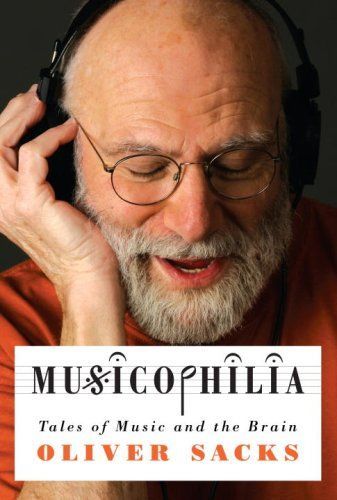
Reviews
Nelson Zagalo@nzagalo
Ken Yuen@kyuenrobo
Nadine @intlnadine
Manoek Lambregts@manoeklambregts
John Balek@cruelspirit
Carla Schwarze@carlaschwarze
Cormac@cormacs9
Teddy Calavera@teddycalavera
Claire Matthews @clairefm
Daniel Kilby@d291173
Gabriel Ayuso@gabrielayuso
Joana Sá @joanasa
Matthew Royal@masyukun
Morgan Holland@morgz
Tonia Aho@taho
Laura@lauragh
Keith Lang@kjl
Jordi Enric@jordi
Cal Desmond‐Pearson@social-hermit
Diane Calello@drdianec
Todd Luallen@tluallen
Kate Sigrist@katesigrist
Amelia Lin@amelialin
Mundy Otto Reimer@mundyreimer